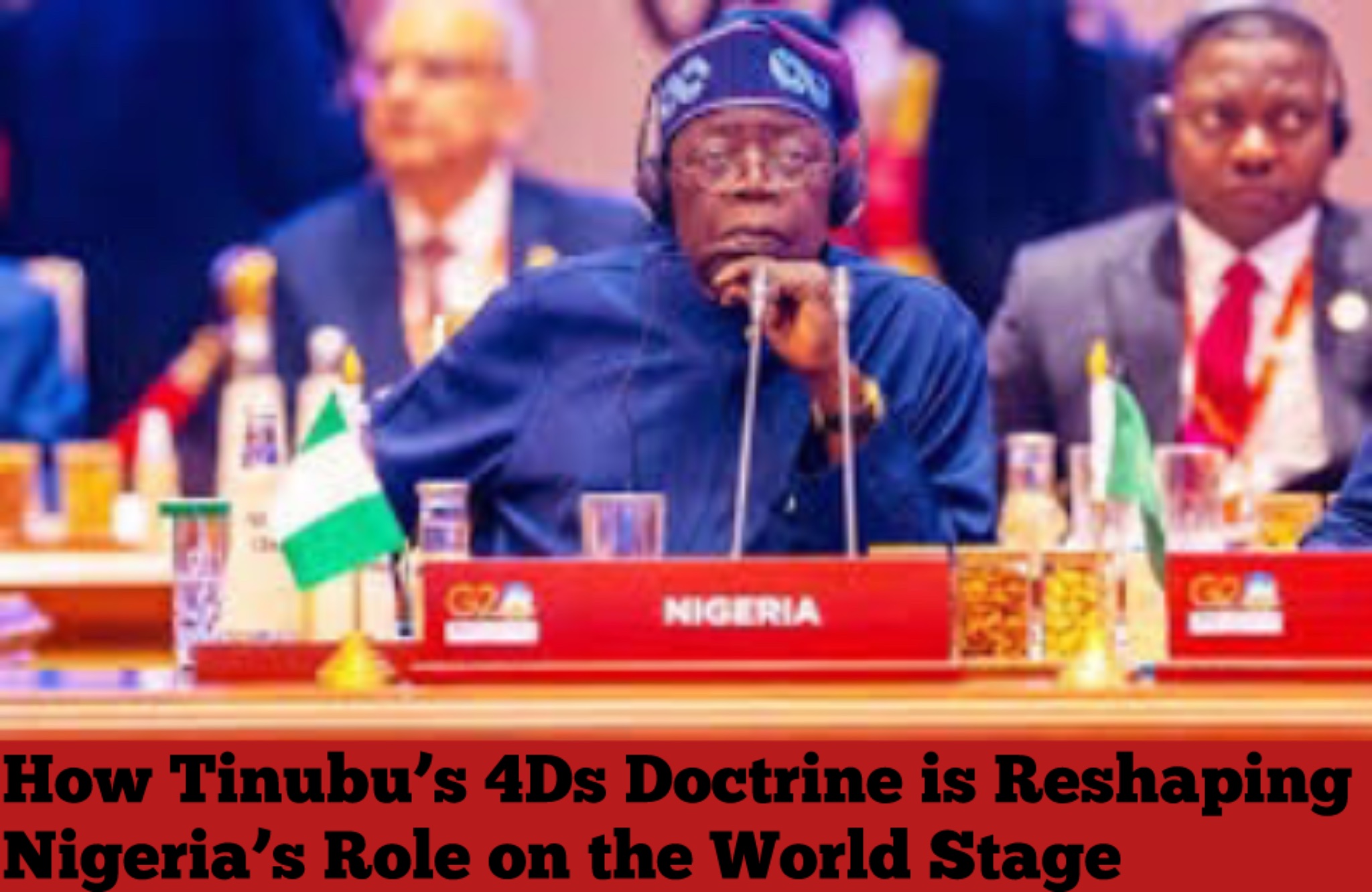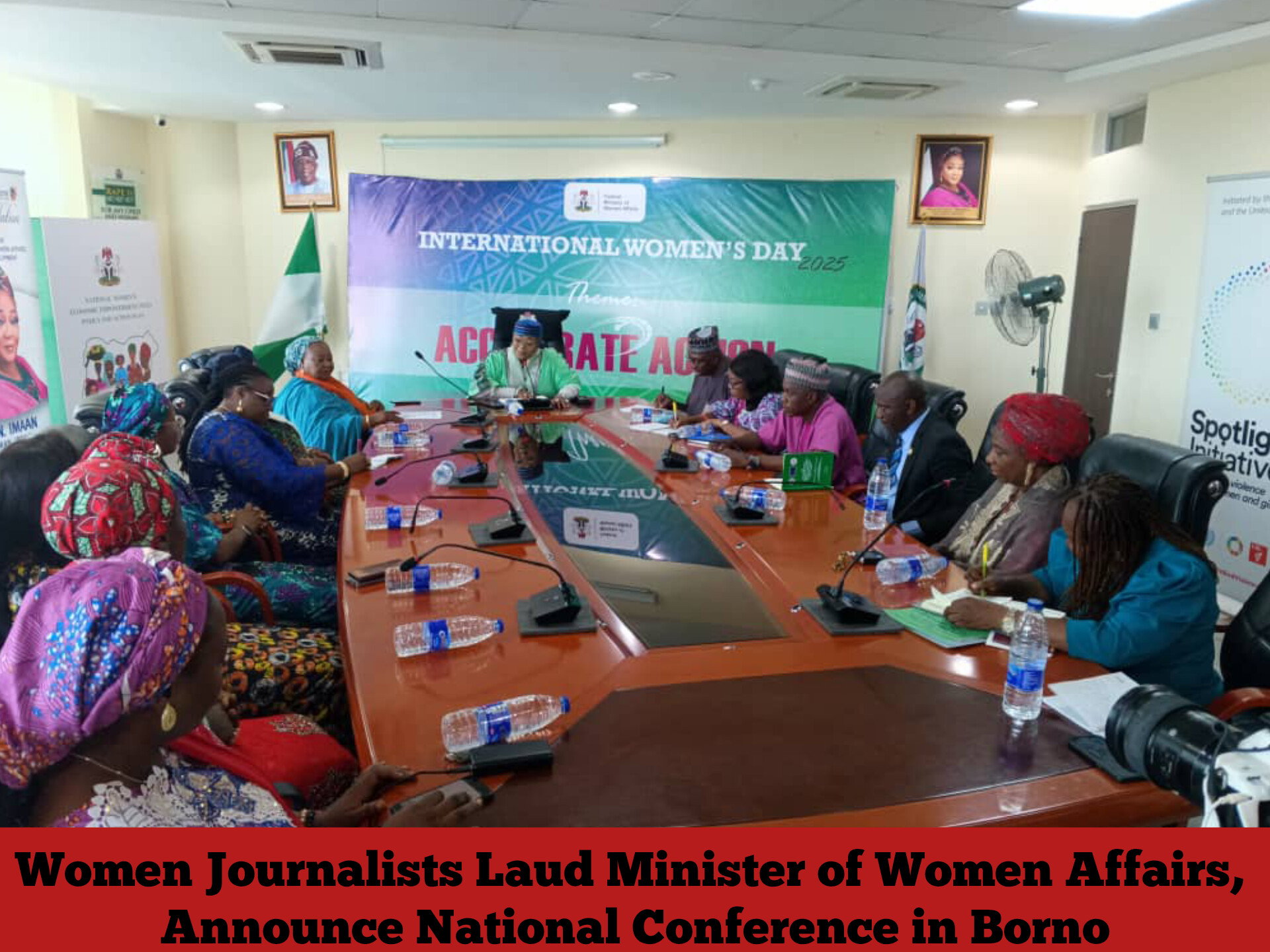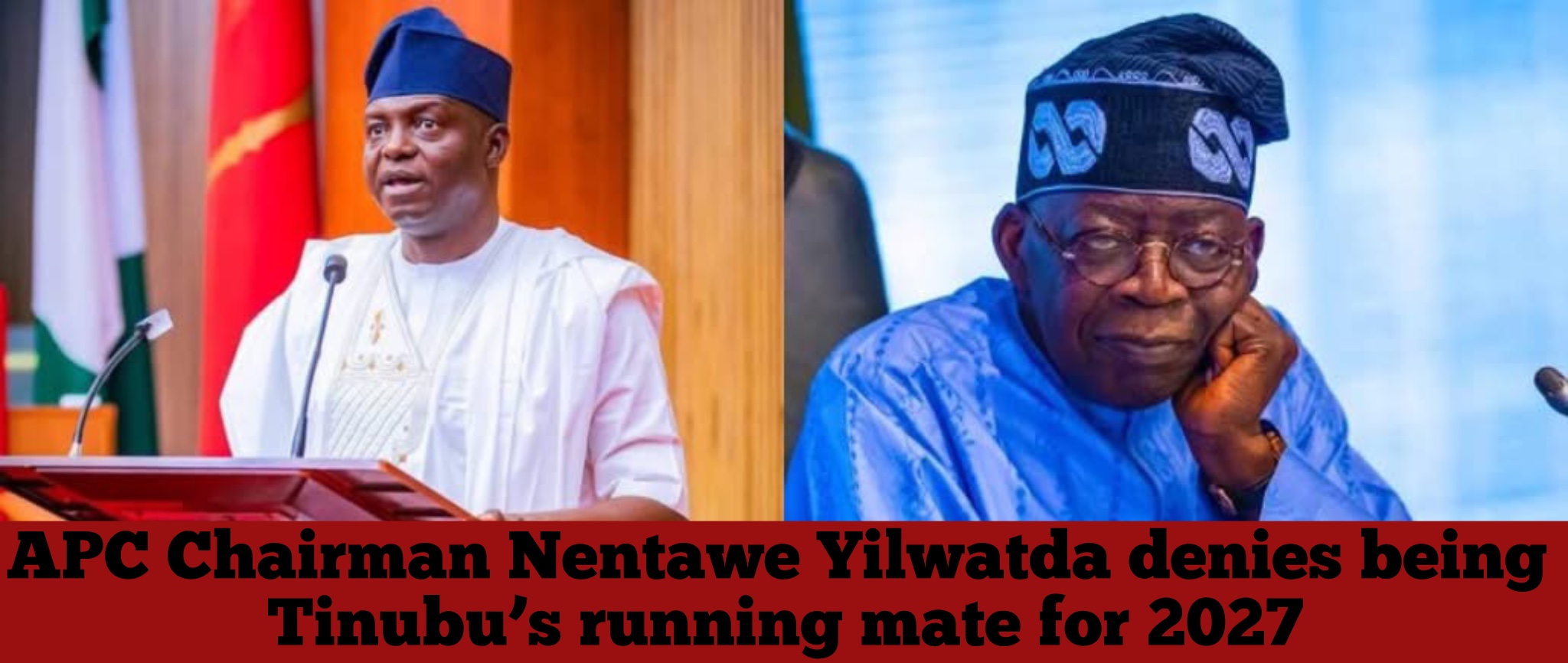As President Bola Ahmed Tinubu marks his second anniversary in office, his administration’s foreign policy has emerged as a proactive and strategic tool for Nigeria’s regional and global influence.
Guided by the “Tinubu 4Ds Doctrine”—Democracy, Development, Demography, and Diaspora, the president’s foreign agenda reflects a clear shift from Nigeria’s traditional passive diplomacy to bold engagement on multiple fronts.
According to the Minister of Foreign Affairs, Ambassador Yusuf Maitama Tuggar, the recalibrated approach aims to uphold democratic governance in West Africa, attract foreign investment, harness the potential of Nigeria’s youth, and institutionalize the contribution of Nigerians in the diaspora.
President Tinubu’s leadership within the Economic Community of West African States (ECOWAS) has been a hallmark of his foreign policy. Elected ECOWAS Chairman in July 2023, Tinubu faced early tests as military coups spread across Mali, Burkina Faso, Guinea, and Niger. His response—backing diplomatic pressure and regional dialogue—signaled a new resolve to defend constitutional rule, despite domestic skepticism over ECOWAS’s threat of military intervention in Niger.
His re-election as ECOWAS Chair in 2024 reaffirmed regional trust in his leadership, even as the newly formed Alliance of Sahel States (AES) by coup-led nations pulled out of the bloc.
Beyond political stability, economic diplomacy has been central to Tinubu’s agenda. Presidential visits to Qatar, France, and India prioritized foreign direct investment (FDI), infrastructure development, and implementation of the African Continental Free Trade Area (AfCFTA). These efforts coincide with the revival of Nigeria’s Joint and Bi-National Commissions to reinforce bilateral cooperation.
Tinubu’s foreign policy also places strong emphasis on Nigeria’s youth and cultural power, recognizing the diplomatic value of global exports like Afrobeats and Nollywood. The administration is actively pursuing strategies to convert this cultural influence into economic and geopolitical capital.
Another core pillar is the diaspora, with remittances exceeding $20 billion annually. New frameworks such as Diaspora Bonds and targeted initiatives through the Nigerians in Diaspora Commission (NiDCOM) aim to deepen diaspora contributions to national development.
In international relations, Tinubu has adopted a non-aligned but strategic posture, fostering ties with major global players—including the United States, China, and Brazil—based strictly on Nigeria’s national interests.
While critics highlight the diplomatic fallout from the ECOWAS-AES standoff, veteran diplomat Ambassador ‘Sola Enikanolaiye argues that Tinubu’s decision to suspend sanctions and keep diplomatic lines open with Niger reflects pragmatic statecraft rather than weakness.
In just two years, Tinubu has repositioned Nigeria as a leading voice in African diplomacy, with a renewed foreign policy rooted in assertive leadership, economic engagement, and regional stability.



